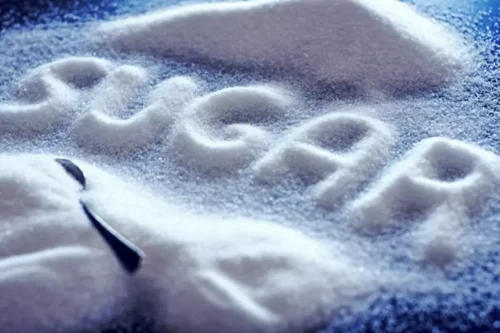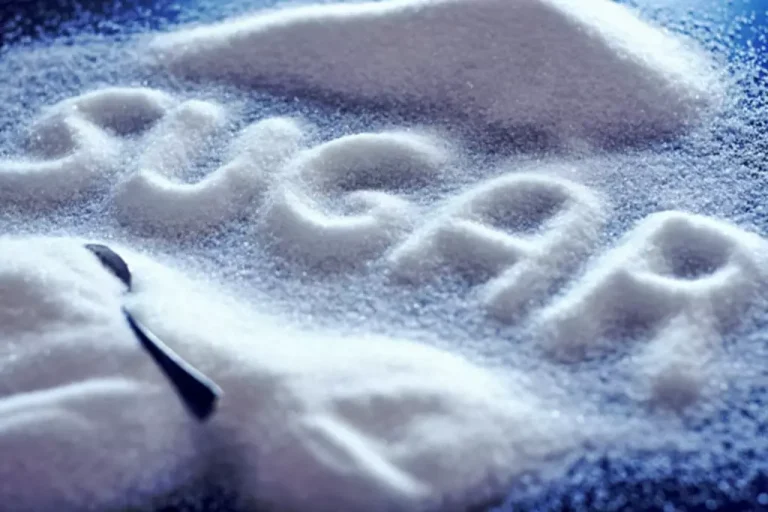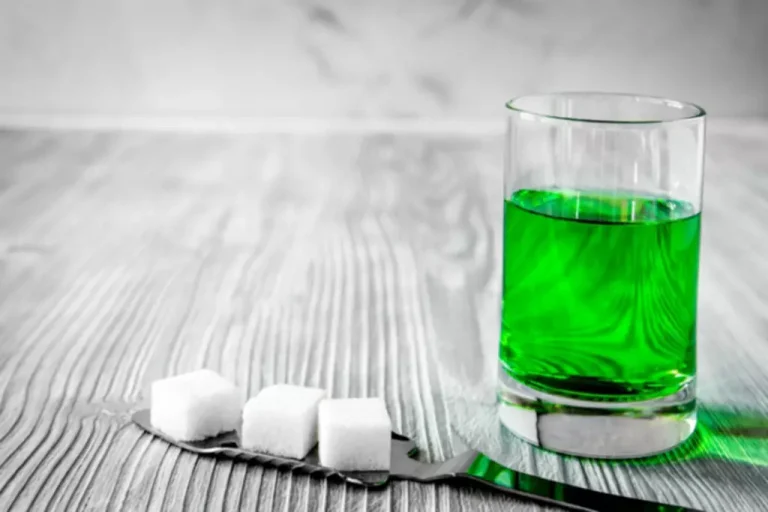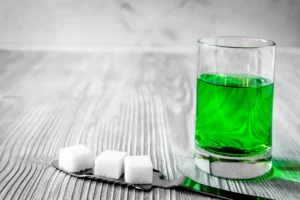
Anger, a normal emotion, can be manifested in various behaviors ranging from mild irritation to explosive outbursts. When alcohol enters the equation, its impact on our neurobiology becomes essential to understand. Alcohol https://ecosoberhouse.com/ has a significant impact on our social landscape, from casual gatherings to formal events.

Assessing the Level of Risk

Alcohol also depresses the part of the brain in charge of rational decision-making. According to the National Council on Alcoholism and Drug Dependence (NCADD) alcohol more so than any other substance is a contributing factor in cases of rape, murder, spousal and child abuse, and assault. Alcohol can impair the OFC, and disrupt communication between the OFC and the amygdala. Without the OFC doing its job of calming those intense emotions, a person can have a strong reaction (2).
Can someone with anger issues change?
Mastering Anger empowers users to effectively handle life’s conflicts through best practice learning principles and advanced technology. Since 2006, we have attracted over 10,000 dedicated individuals seeking to enhance their Sobriety emotional well-being and personal growth. When confronted with anger in intoxicated individuals, maintaining calmness and composure is key. Avoid escalating the situation further by remaining level-headed and composed, even in the face of provocation. While anger is an emotional state characterized by displeasure or irritation, aggression involves behavior intended to harm or intimidate others.
Cognitive Behavioral Therapy (CBT) Interventions

There’s a difference in safety between someone who is expressing anger verbally and one who has become physically aggressive. Extreme emotions that are usually hidden from others, like anger and sadness, may be more noticeable when you drink because you’re less able to conceal and manage them. When they come out, others notice them because they’re not a part of the everyday social experience. If you or someone you love is battling aggression and alcohol misuse, help is available. Consult with a mental health professional and/or an addiction specialist who can provide resources and recommendations for treatment options. Integrating therapy, robust support systems and personalized coping strategies is paramount to fostering sustainable progress towards emotional equilibrium.
Alcohol affects brain chemistry by altering neurotransmitters, which manage our mood and impulses. It decreases inhibition and can increase stress hormones like cortisol, making some individuals more prone to anger and aggression when drinking. By understanding the function of these behaviors, individuals can learn alternative coping mechanisms and stress management techniques to address underlying emotional distress effectively. It is crucial to understand the significance of co-treatment approaches for individuals grappling with both alcohol recovery and anger management. Before exploring the common emotional experiences while drinking, it’s essential to understand how anger and alcohol perception are intertwined.
- The link between alcohol and anger has to do with alcohol’s ability to remove your inhibitions and disrupt your emotional regulation.
- When this happens, they’re likely to return to their addiction and have even more difficulty finding recovery once again.
- When you drink alcohol, parts of your brain that manage anger are suppressed, making it more likely for angry feelings to bubble to the surface.
- A slight annoyance may turn into an infuriating problem, thanks to alcohol.
- We know that alcohol may have an impact on one’s emotions and behaviors but how exactly does that work?
- But this is often easier said than done, and mean drunks can turn violent when provoked — meaning that if you share a living space with one, your safety should be your main priority.
- Although it may be easier said than done, dialing back your drinking can alleviate the problem.
- Even the people who care about them the most can be unable or unwilling to continue to tolerate the abuse.
- Moderating your drinking or abstaining altogether (especially when you are experiencing strong emotions) can help you view situations from a more clear and rational perspective.
- Essentially, drinking makes us less likely to withhold our reactions when we’re angry or annoyed.
If you find it difficult to address yourself, you can imagine you are addressing a close friend instead. These medicines can help reduce the negative side effects of detoxification and withdrawal. Outpatient programs are often part of aftercare programs once you complete an inpatient or PHP program.

- Because alcohol is a psychoactive drug, it temporarily alters your mood, perception and feelings.
- As a depressant, alcohol slows central nervous system activity, limiting inhibitions and promoting impulsive behaviors – including anger issues.
- Letting the individual know they are heard and understood can de-escalate tension and foster a sense of trust and cooperation.
- These tendencies can create a loop in which people drink to avoid their anger but instead deteriorate their mental health, leading them to turn again to alcohol for reprieve.
- One study published in a journal called Cognitive, Affective, & Behavioral Neuroscience sought to explore factors that make some people more aggressive when they drink.
- Drinking cocktails that include energy drinks should be considered a possible factor for aggressive behavior as well.
- When someone has both a mental health and substance use disorder, they are considered co-occurring disorders.
However, it acts as a potential catalyst for heightened emotional responses, particularly anger. Online programs like Ria Health can give you or your loved alcoholism and anger one access to coaching support, anti-craving medication, and helpful digital tools. Whether you want to reduce drinking or quit altogether Ria will partner with you to design a program to meet your personal goals.
